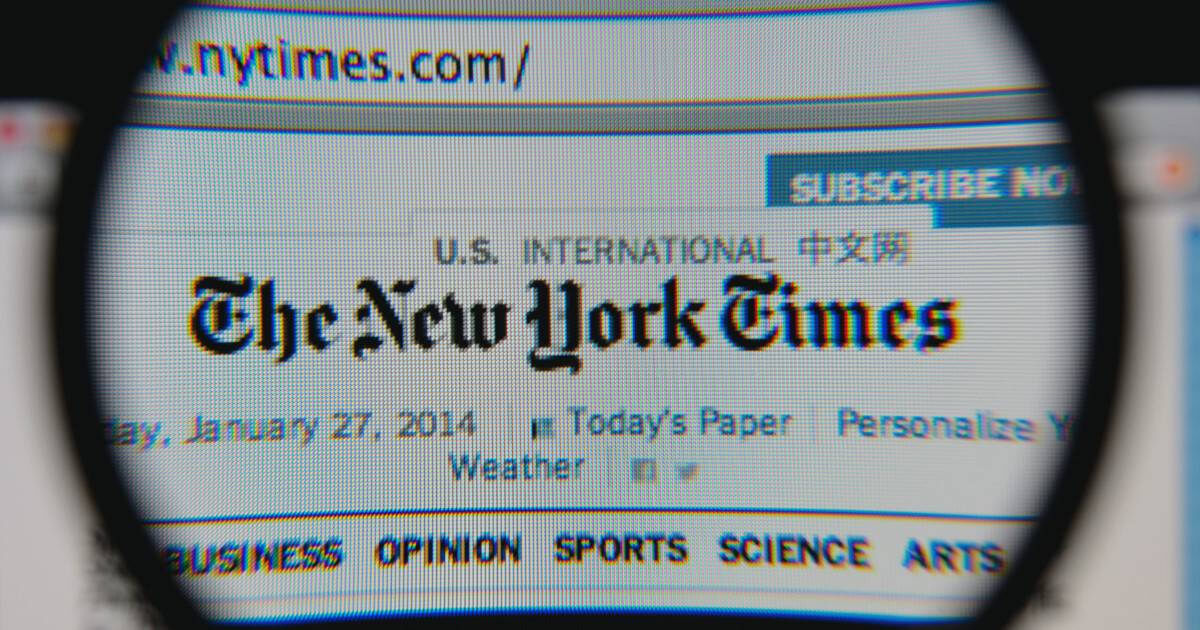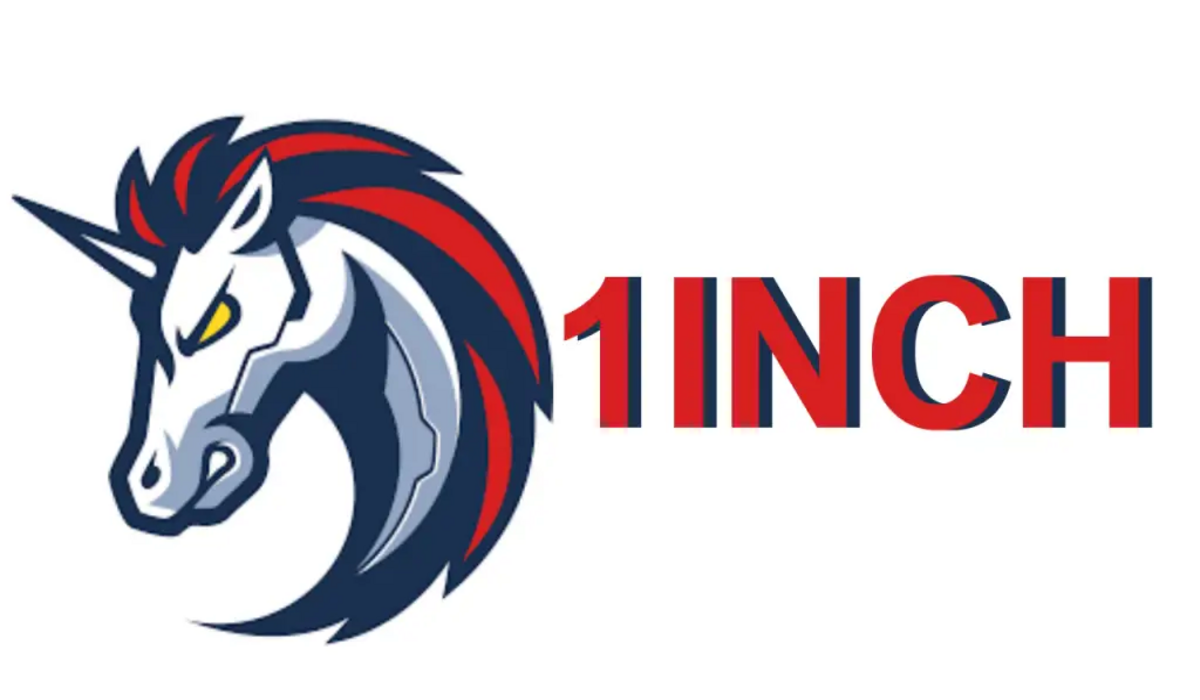OpenAI negotiates license with major media amid NY Times copyright dispute

OpenAI, known for groundbreaking AI technologies including ChatGPT, is currently in strategic negotiations with several major media companies, including CNN, Fox Corp., and Time. These conversations center around licensing articles, videos and images for OpenAI’s use, a move that has growing significance amid OpenAI’s ongoing legal battle with The New York Times over alleged copyright infringement.
The background to these negotiations is OpenAI’s lawsuit recently filed by the New York Times. The newspaper alleged that OpenAI used its content without permission to train AI models, including the widely popular ChatGPT. In response, OpenAI disputed the accusation, calling it a “rare bug” in the system and highlighting the complexities surrounding AI ethics and copyright law.
As part of its strategy to address these legal and ethical issues, OpenAI is seeking to secure official content licenses with large media companies. Discussions with CNN, Fox Corp. and Time aim to secure diverse content that can enhance AI training while mitigating legal risks. Time CEO Jessica Sibley confirmed ongoing discussions with OpenAI and expressed optimism about reaching a fair agreement.
However, the situation is not uniformly positive across the media landscape. While some media companies, such as Guardian News & Media and Politico’s parent company Axel Springer SE, have shown willingness to engage in negotiations, others, such as The Washington Post, remain hesitant. Concerns primarily revolve around compensation and the impact of AI technology on copyright law. For example, there is skepticism among media executives about reaching productive agreements until legal clarity is established.
An important aspect of these negotiations is the compensation offered to the publisher. According to the report, OpenAI’s offering ranges from $1 million to $5 million per year, a figure that some top publishers believe is not enough. This, juxtaposed against the backdrop of a multi-year deal with Axel Springer SE for tens of millions of dollars, set a precedent that led to even higher expectations among other publishers.
Additionally, the need for clearer regulations was expressed in a recent Senate Judiciary subcommittee hearing, with calls for Congress to intervene and establish rules for the use of copyrighted content in commercially generated AI.
OpenAI’s situation illustrates the delicate balance between technological innovation and intellectual property protection. As AI continues to advance, the dynamics between AI developers and content creators are changing rapidly, highlighting the need for legal and ethical frameworks that meet the complexities of this emerging field.
Image source: Shutterstock



